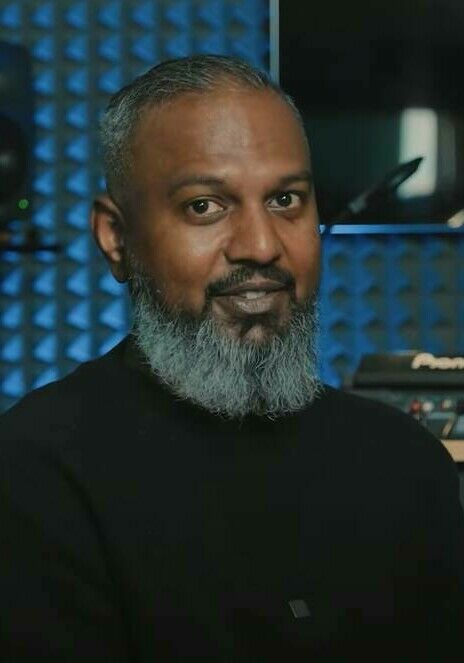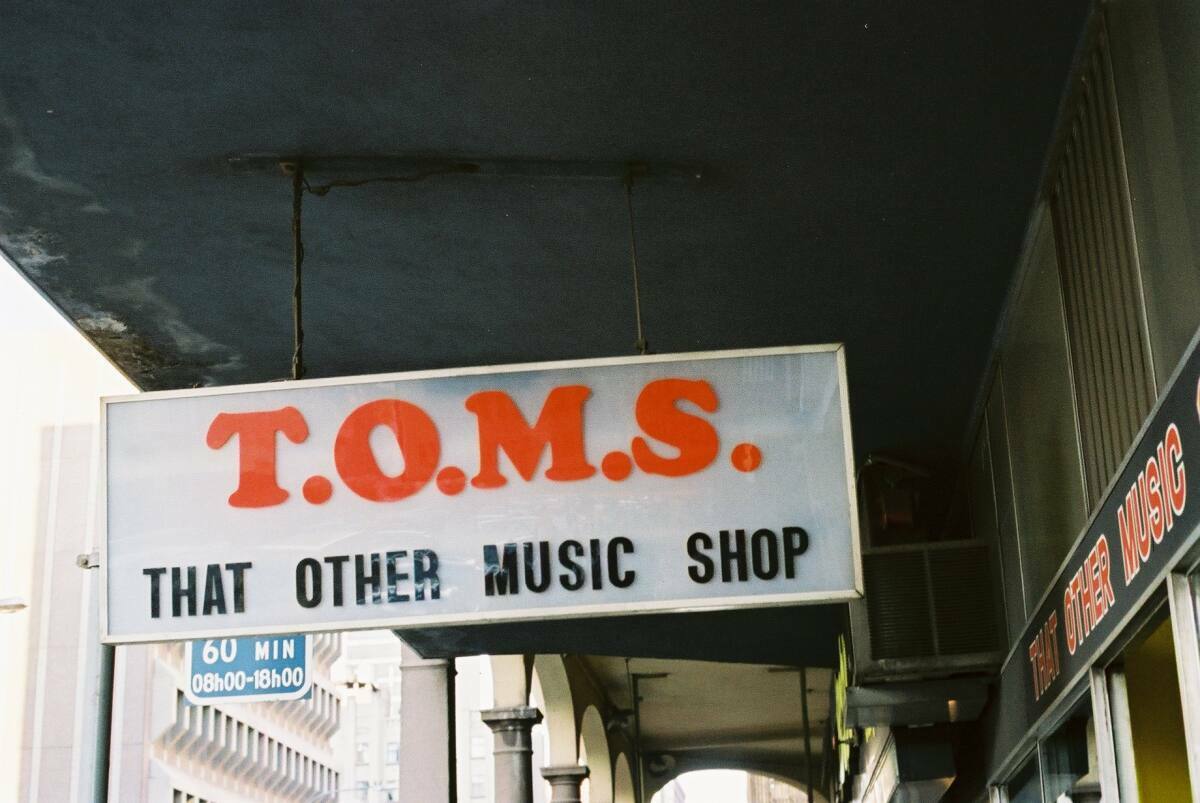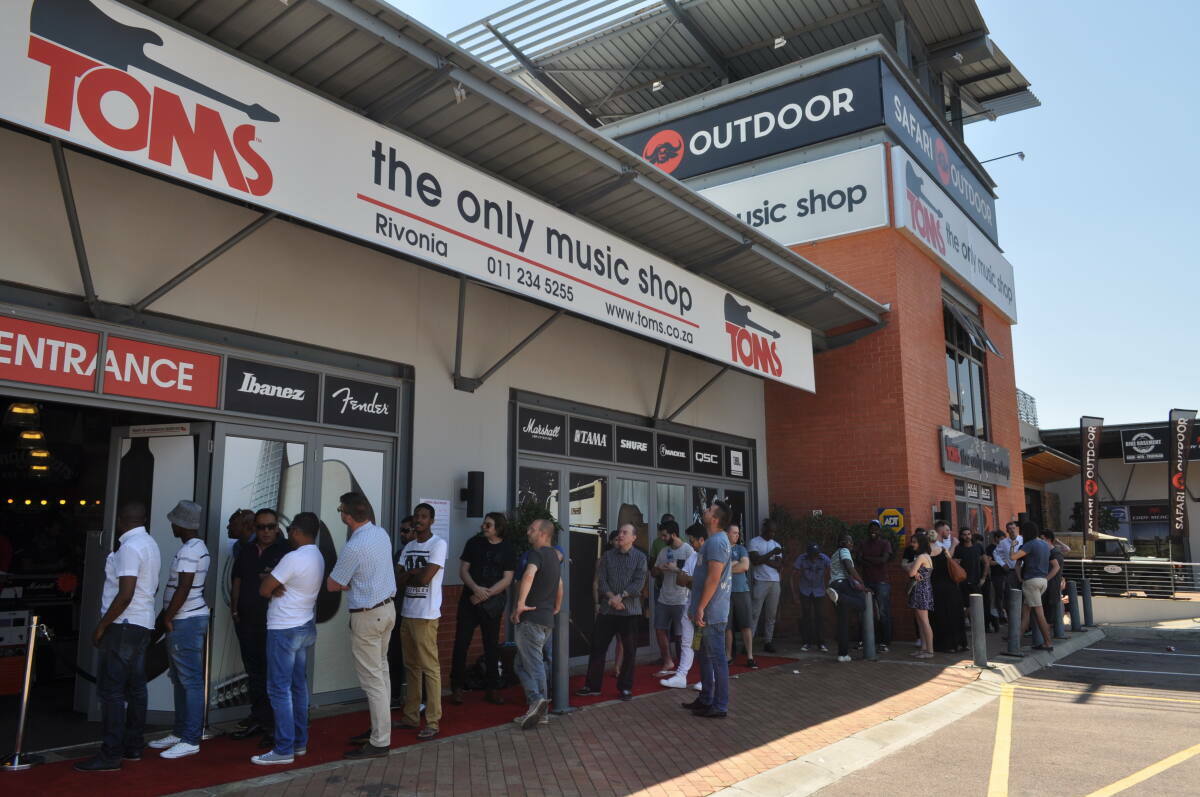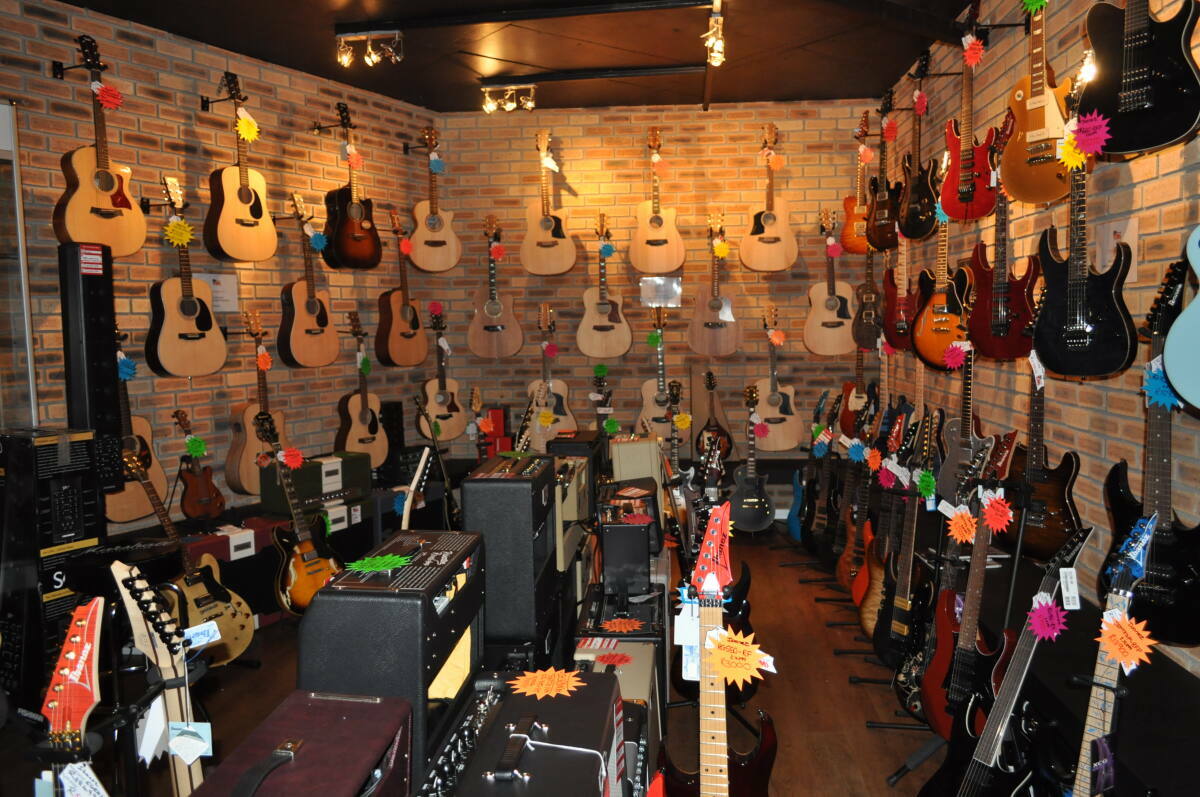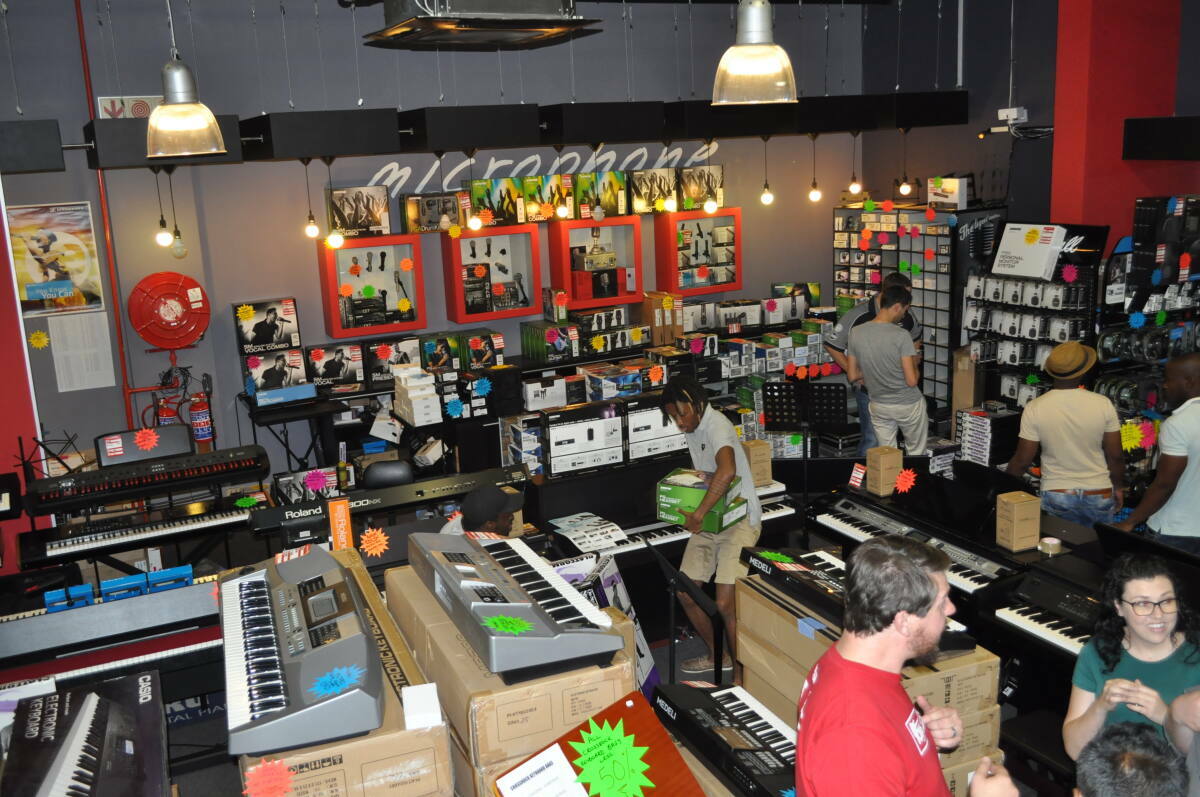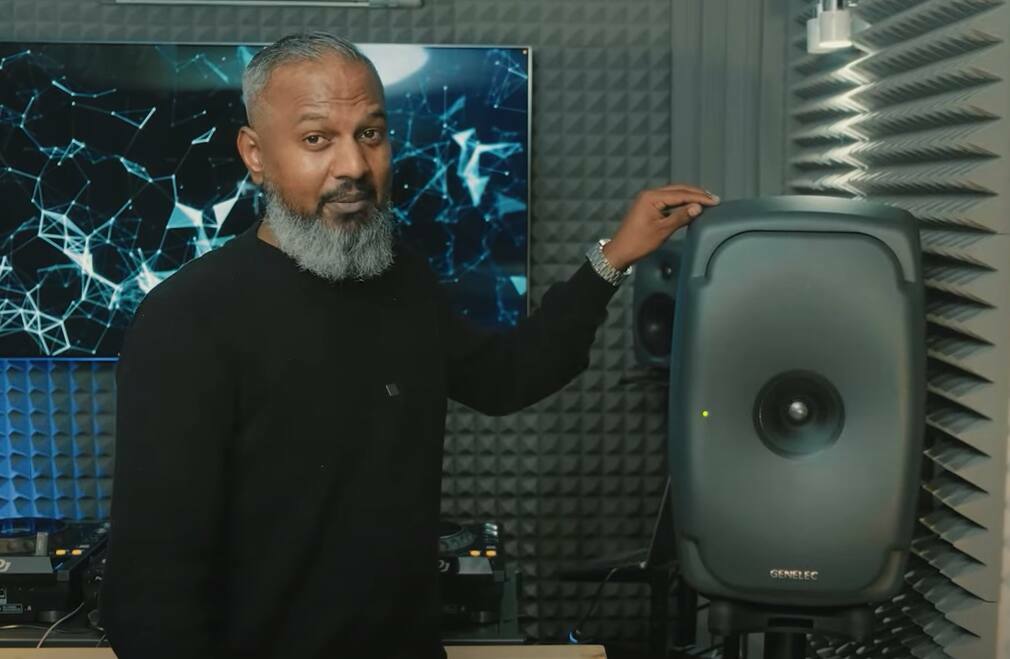Santhan Reddy – one of the owners of TOMS (The Only Music Shop), a music tech reseller in South Africa – reflects on the company’s journey from selling musical instruments to studio equipment, the changes in the South African audio and music industry over the years, and why nothing can replace brick and mortar stores.
TOMS (formally That Other Music Shop) has been supplying musicians and hobbyists with musical instruments and pro audio equipment since 1978. Now boasting stores in Braamfontein and Rivonia in Gauteng, Bloemfontein, Durban, Cape Town and Bellville, TOMS Music Shops are more than just your average music shop, it’s a South African institution.
The company prides itself on its selection of musical instruments and pro audio gear – you name it; they’ve got everything a musician or audio professional (or enthusiast) needs in order to make music.
“My dad was a musician – a bassist and a guitarist,” says Reddy of his early interest in music. “Growing up from an early age, we always had music in our house. I remember the first time I played drums, I was about seven years old. I played We Will Rock You in our lounge; I’ll never forget that,” he smiles, adding that his interest in musical equipment and instruments only grew from there.
“I just wanted to know so much about music and gear because I absolutely love music gear; it really tickles my fancy. You get to have access to all these beautiful and wonderful toys and hear for yourself what makes everything so special, and feel it for yourself. And now, that’s one of the better parts of my job!”
Reddy joined the TOMS team in 2010 and got to immerse himself in his passion every day. With six shops nationwide and an online shop catering to modern shopping habits, Reddy explains what sets TOMS apart from other music stores:
“It's very easy to sell boxes these days,” he muses. “We’ve found quite a big increase on the online platform and a lot of stores are opening up and are able to provide customers with solutions. I think what sets us apart is the staff that we've got; we've got absolutely fantastic people working in the company. A lot of them are musicians and producers and have been with the company for quite a long time, so their passion translates into helping clients. The most joy we get is from helping artists develop themselves in the musical space in South Africa.”
